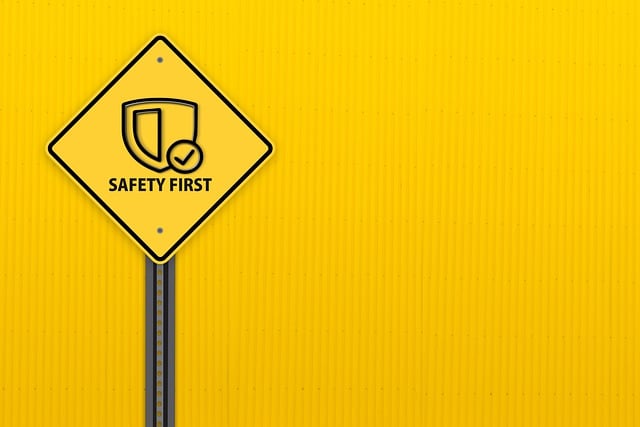In the competitive retail industry, customer safety is paramount. Retail background verification plays a critical role in achieving this by screening prospective employees' histories, mitigating risks from criminal records or untrustworthy behavior. This process ensures secure shopping environments, fosters consumer trust, and builds positive brand images. In the digital age, advanced technologies streamline background checks while adhering to privacy regulations, enhancing business resilience. Effective hiring practices include comprehensive pre-employment verifications, screening for relevant criminal history, employment, education, and reference checks. Staying updated with local laws and providing training is essential for retailers to protect customers, maintain reputations, and minimize risks.
In today’s competitive retail landscape, maintaining high standards is paramount. Retail background verification plays a pivotal role in ensuring the integrity and safety of operations. This article delves into the significance of background checks within the retail industry, offering insights on implementing robust verification processes and adhering to best practices for hiring. By exploring these strategies, retailers can uphold their reputation and create a secure environment for customers and employees alike through effective retail background verification.
- The Role of Background Checks in Retail: Why They Matter
- Implementing Effective Retail Background Verification Processes
- Best Practices for Maintaining High Standards in Retail Industry Hiring
The Role of Background Checks in Retail: Why They Matter

In the dynamic and highly competitive retail industry, ensuring customer safety and security is paramount. Retail background verification plays a pivotal role in achieving this by providing crucial insights into a prospective employee’s history. It helps retailers mitigate risks associated with hiring individuals who might have criminal records or untrustworthy behavior. By conducting thorough checks, retailers can uphold high standards of integrity within their workforce.
This process is particularly significant in maintaining a secure shopping environment. Background checks help identify potential threats, such as past offenses related to theft or violence, ensuring the safety of both customers and staff. Moreover, retail background verification contributes to fostering trust among consumers, assuring them that retailers prioritize their well-being. It serves as a cornerstone for building a positive brand image and customer loyalty in an increasingly competitive market.
Implementing Effective Retail Background Verification Processes

Best Practices for Maintaining High Standards in Retail Industry Hiring

Maintaining high standards in retail industry hiring is paramount for ensuring a safe, secure, and productive work environment. Best practices include conducting comprehensive pre-employment background verifications using reliable tools and databases. Retail businesses should screen candidates for relevant criminal history, employment verification, education checks, and reference reviews to make informed decisions.
Moreover, staying up-to-date with local laws and regulations regarding background checks is crucial. Regular training sessions for hiring managers can help them identify red flags during interviews and understand the importance of a thorough background verification process. By implementing these practices, retailers can uphold their reputation, protect their customers, and minimize risks associated with poor hiring decisions.






